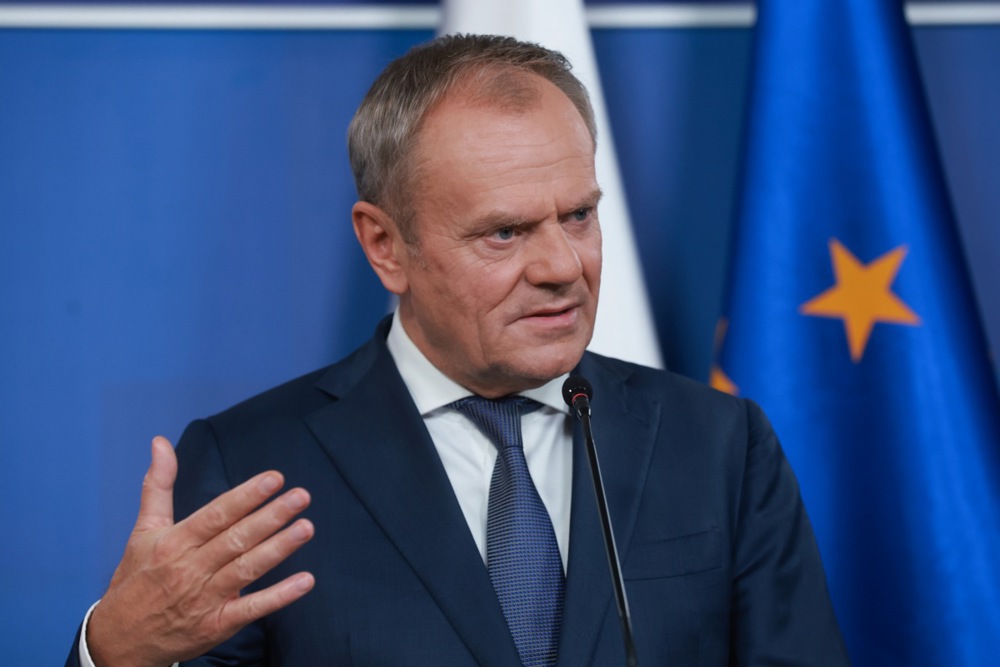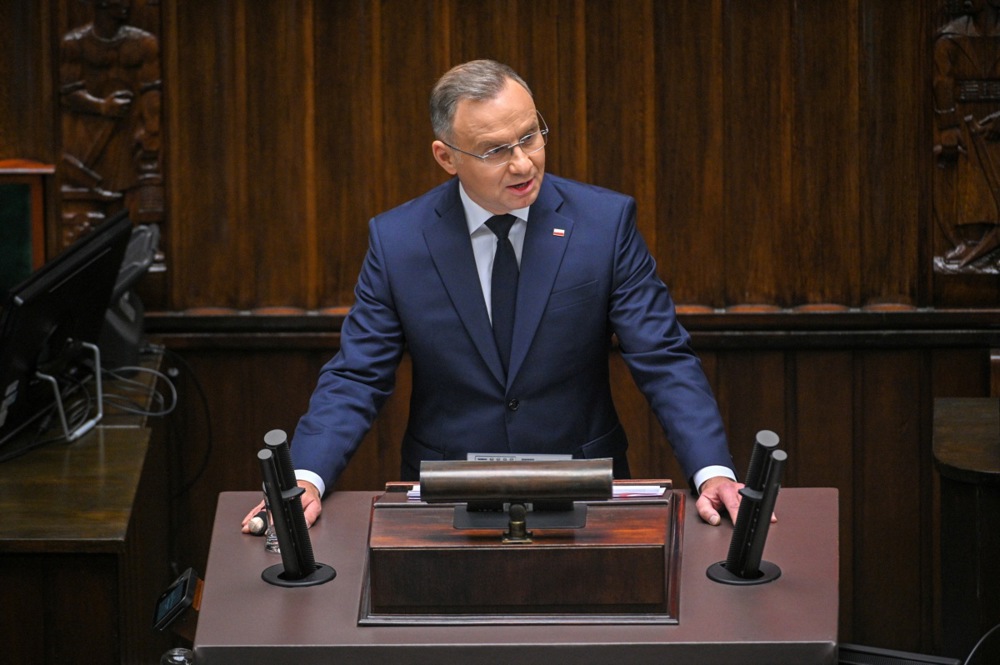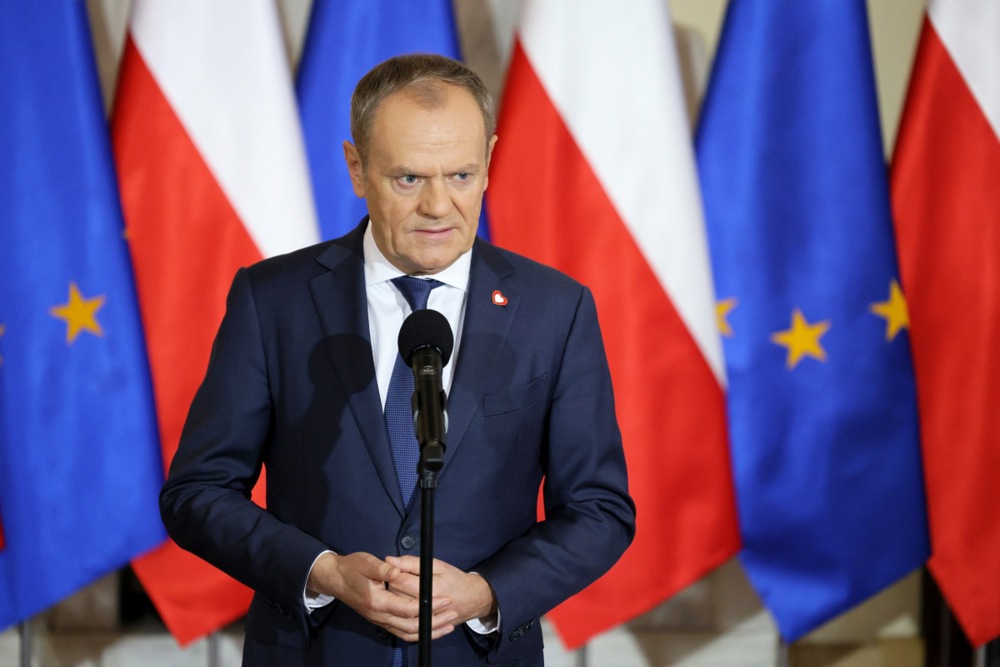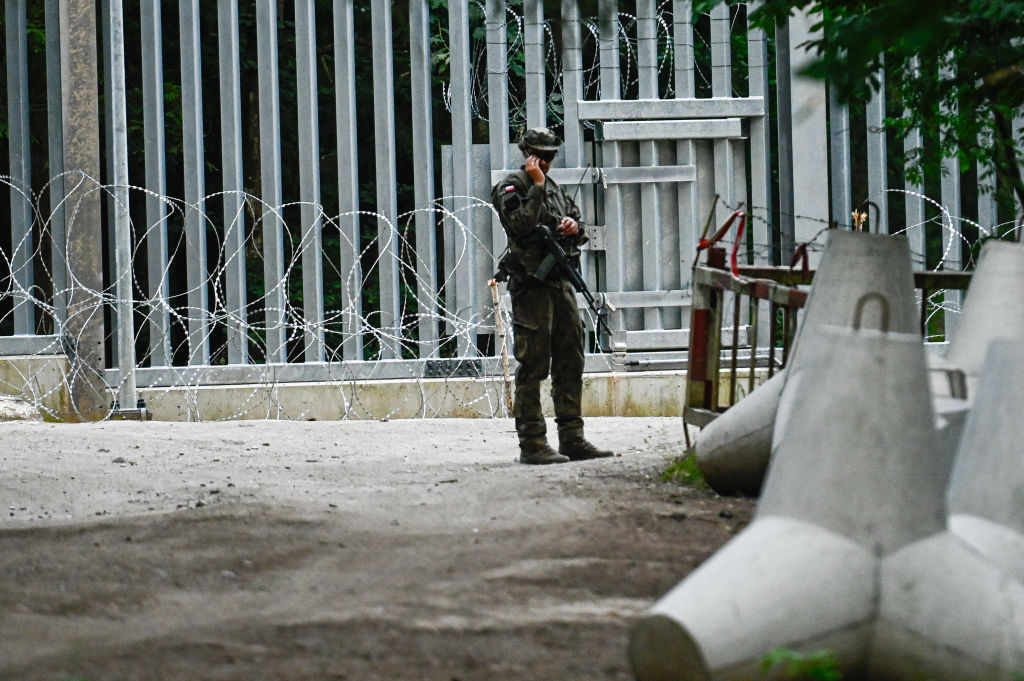The United Nations High Commissioner for Refugees (UNHCR) has stated that Poland’s proposed response to the migration crisis on its border with Belarus would be a breach of international and European law.
The proposal included the temporary suspension of the right to claim asylum for those who entered the country illegally.
On February 5, Kevin Allen, the UNHCR’s representative in Poland, warned Poland’s parliament that the government’s proposals “would unfortunately result in legislation that is not in compliance with international law and European law”.
He argued that countries cannot return refugees to a place “where they would be at risk of persecution or serious harm”.
He added that this principle still applied in the context of “weaponised migration”, the term both Poland and the European Union have used to describe the situation on the Belarus border due to Belarusian authorities’ assistance to illegal migrants.
Allen chose to remind Poles of history with regard to provisions for refugees.
“The UNHCR was born from the ashes of World War II, responding to the forced displacement of millions of refugees – including Poles,” he said.
He added that Poland in 1991 ratified a convention that forbids returning refugees to their country of origin if, as a result, they may be exposed to threats to their lives and freedom.
Allen appeared to recognise the problems Poland and the EU were facing on their Eastern border but said that any exception to the principles of the Geneva Convention could only be applied if “there are reasonable grounds for regarding individual refugees as a danger to the security of the country”.
That had to be handled on an individual assessment of each case, he stated.
The UNHCR official also said Poland’s legislative proposal excluded people from their right to seek asylum because “border guards do not have the requisite administrative and judicial competencies” to assess asylum seekers’ claims.
Since 2021, tens of thousands of migrants and asylum seekers have tried to cross into Poland from Belarus, often with the encouragement and assistance of the Belarusian authorities.
After crossings rose markedly in the first half of 2024, Polish Prime Minister Donald Tusk announced measures intended to toughen up asylum and migration rules with the aim of “taking back control” of Poland’s borders.
Poland’s handling of the situation on the border has previously been criticised by the Council of Europe’s Commissioner for Human Rights Michael O’Flaherty for the practice of “pushing back” asylum seekers into Belarus without allowing them to make their claims for international protection.
Tusk has been backed by the European Union, which in December provided funds to Poland and other Eastern member states to protect their frontiers from migration “weaponised” by Belarus and Russia.
The EU has has kept an apparently diplomatic silence on the issue of suspending asylum rights at that border.
Tusk also has the backing of the Polish opposition Conservatives (PiS) and the PiS-aligned President Andrzej Duda in his crackdown on illegal migration.
They have, though, reminded the Polish PM of how he had opposed the fortification of the border back in 2021 and had called for more humane treatment of illegal migrants attempting to cross the border with Belarus.





